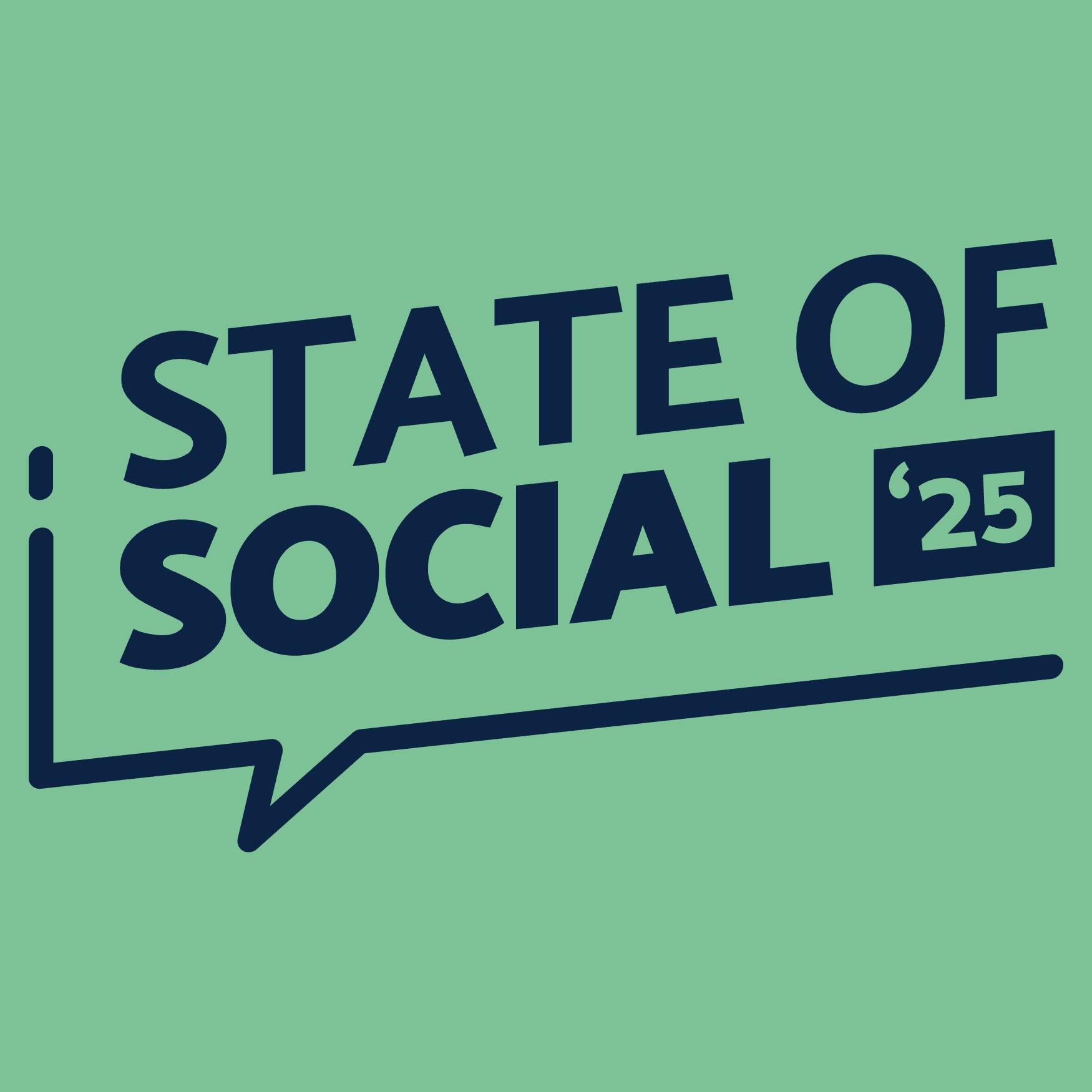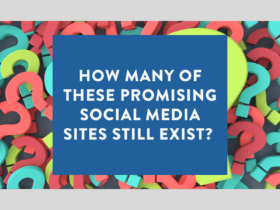It’s never been more important for brands to abide and live by the values they claim to espouse.
But standing up for what those values say is right isn’t without risk.
Social media is a highly effective way for a brand to demonstrate how its values extend beyond the website’s About Us page, or a few lines of artisanal calligraphy hanging on the wall of the office lunchroom.
Right now, brand values are being tested like never before. There can’t be many social media managers who aren’t nervous about triggering a backlash by posting the wrong thing. Or failing to say the right thing.
In short, social media marketers are currently tiptoeing through an ethical minefield.
For example, many brands have chosen to show solidarity with the #BlackLivesMatter movement. McDonalds posted a video to Instagram listing the names of black people who have died as a result of police brutality, accompanied by a message of support that ended with the words “We do not tolerate inequity, injustice, or racism.”
The comments suggest McDonalds’ followers weren’t buying it, interpreting the gesture as inauthentic and hypocritical wokeness. McDonalds hadn’t earned the right to claim these values as its own – unlike, say, Nike.
In 2018, at the height of the controversy over NFL players kneeling during the national anthem, Nike featured footballer Colin Kaepernik in a major ad campaign. Nike demonstrated its support for #BlackLivesMatter long before it became a bandwagon to be jumped on.
The problem for brands like McDonalds is that saying nothing can also be risky. After just about every company on the planet felt the need to express their support and “in this together”-ness during the height of COVID-19, a major brand choosing to remain silent during the next potentially world-changing event to come along would be even more conspicuous – especially as companies can actually do something about inequality and racism, whereas very few brands can stop a pandemic.
In the current climate, silence can be interpreted as indifference at best, or tacit support for the other side at worst. As the saying goes: “The standard you walk past is the standard you accept.”
For proof, look no further than Yorkshire Tea. When a customer tweeted how chuffed she was that Yorkshire Tea hadn’t declared support for Black Lives Matter, @YorkshireTea decisively stepped in to correct the record.
When the pervading attitude across social media is that you’re either with us or against us, even tea bags need to take a side. Tea bags!
Many applauded the brand’s response, including competing tea brand PG Tips. But it also led to a lot of abuse hurled at the company – or rather, at the poor social media team – as well as a revival of the #BoycottYorkshireTea hashtag.
Yes, this isn’t the first time Yorkshire Tea has been dragged into a political or divisive argument it didn’t start. But the way in which the brand responded on both occasions was completely aligned with its values as stated on the website: “We’ve never compromised on our love of fairness, flavour and quality.”
Fairness.
For Yorkshire Tea to be authentic to its values, it had no option but to take a stand for fairness, even if that meant losing some customers. In fact, the reply makes clear they fully expect some customers will stop buying their tea as a result of its statement – a statement they may never have needed to make if people simply allowed teabags to be teabags.
But for every photo of a customer throwing a box of teabags into a bin (hashtag Boycott Yorkshire Tea), there will be at least one other declaring their increased pride in the brand.
Nike discovered this following the aforementioned Colin Kaepernik campaign when, despite similar calls to boycott its products – and plenty of photos and videos of customers burning their shoes – the sportswear brand’s share value actually went up.
Yes, cancel culture is real. Yes, taking a side on a divisive or political topic risks alienating some customers – some of whom may actively campaign against and attack the brand. (Side note: Look after your moderators.)
This is not merely about consumers punishing brands they disagree with. Liberal tea tastes no different to conservative tea.
However, consumers want – nay, expect – brands to be more than soulless capitalist robots, particularly as many brands have greater influence and louder voices than the rest of us.
Purchasing choices determine which brands grow or shrink in the marketplace, which is why consumers want to be reassured their $ aren’t tacitly condoning values and attitudes in opposition to their own.
If a brand values its customers, it should see them as people – with beliefs, ideas and morals – not as numbers on a spreadsheet.
Welcome to social media 2020, where you can’t just talk about tea bags anymore.









LET’S CONNECT